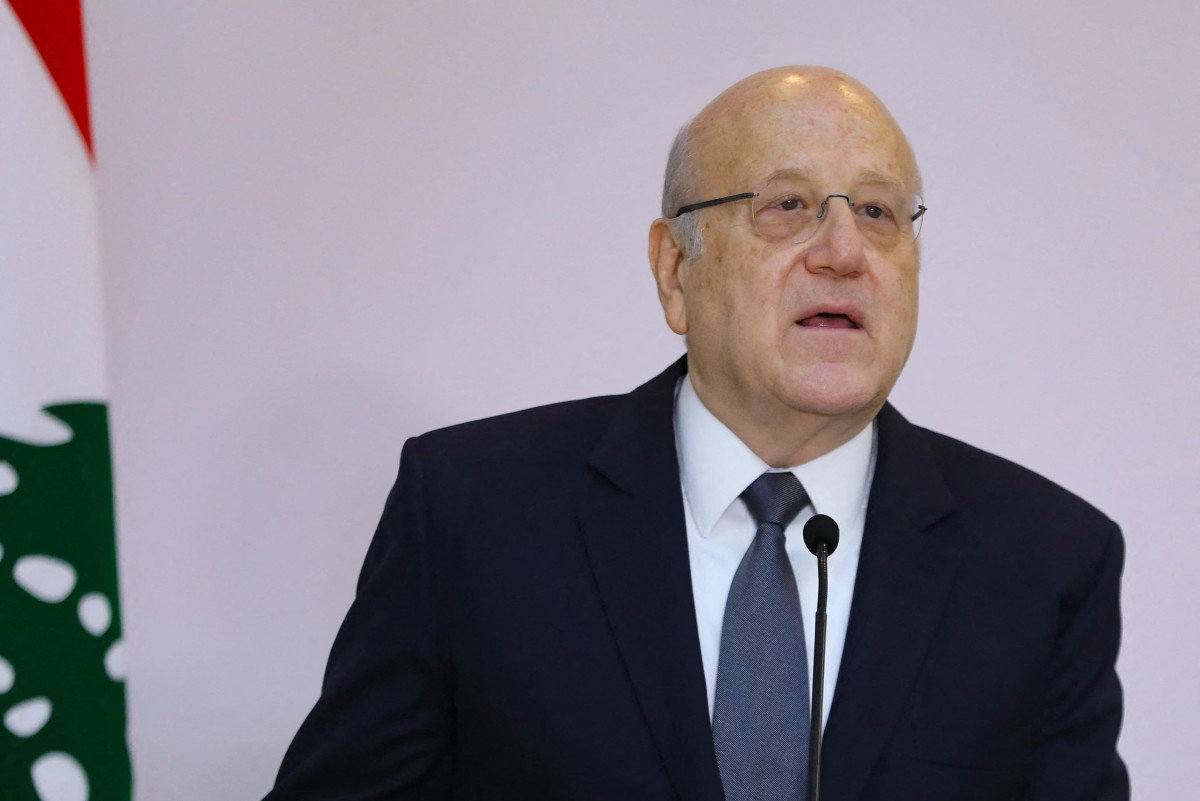NEW YORK: Although Israel has rejected a US request to back a UN Security Council resolution condemning Russia’s invasion of Ukraine, it will likely vote in favor of the measure when it reaches the 193-member UN General Assembly, according to media reports quoting Foreign Ministry officials.
The US had issued an appeal when it sent out the draft: “Vote no, or abstain, if you do not support the (UN) charter and align yourselves with the aggressive and unprovoked actions of Russia. Just as Russia had a choice, so do you.”
Over 80 countries have accepted the US request to co-sponsor the resolution, which was tabled in tandem with temporary UNSC member Albania, and would have condemned Russia in “the strongest possible terms” and demanded the immediate withdrawal of its forces from Ukraine.
Russia on Friday vetoed the measure with China, India and the UAE abstaining from the vote. The 11 remaining UNSC members voted in favor.
Ukraine’s ambassador to the UN, Sergiy Kyslytsya, has asked the UNGA president to organize an emergency session under the so-called “Uniting for Peace” resolution, which gives the General Assembly the power to call emergency meetings to discuss matters of international peace and security when the UNSC is unable to act due to a lack of unanimity among its five veto-wielding permanent members: The US, Russia, China, Britain and France.
Although Israel generally follows the lead of the US at the UN, it has at times resisted doing so to avoid upsetting other allies.
Being the only Western democracy that maintains relatively warm relations with both Russia and Ukraine, Israel has so far avoided a stronger stance on Moscow.
Israel is tied to Ukraine on many levels, said Hussain Abdul-Hussain, a research fellow at the Foundation for the Defense of Democracies, a Washington-based non-partisan organization focused on foreign policy and national security.
“First and foremost, 250,000 Jews are estimated to be living in Ukraine. The city of Uman in west Ukraine hosts the shrine of Reb Nachman of Bresolov, one of the founders of the Hassidic movement,” he told Arab News.
“Every year, tens of thousands of Hassidic Jewish pilgrims visit Ukraine’s Uman. President (Volodymyr) Zelensky himself is Jewish. All these ties mean relations between Ukraine and Israel are more than the average relations between two random countries.”
Abdul-Hussain said Israeli ties with Russia, on the other hand, grew after the US Democratic administrations began pivoting away from the Middle East, leaving their allies to “figure out how to manage their affairs.”
He added that with Moscow stepping in to fill the vacuum left by the absence of American leadership in the Syrian crisis, Israel was forced to coordinate with Russia “in order to guarantee that Iranian militias don’t strike root in southern Syria, from where they can threaten the Jewish state.
“Had America been calling the shots in Syria, like it did in Iraq in 1991 when Israel didn’t even respond to Saddam Hussein’s missiles, Israel wouldn’t have been coordinating with the Russians today in its strike on Iranian targets inside Syria.”
Abdul-Hussain added: “Israeli ties with Moscow are based on interests. When Russia felt that Israel issued a cautious statement on its invasion of Ukraine, Russian state media thrashed Israel’s annexation of the Golan Heights. That’s how tenuous Israeli-Russian relations are.”
The Israeli government on Thursday condemned Russia’s invasion of Ukraine, with Foreign Minister Yair Lapid saying it is “a violation of the world order.”
But Israeli Prime Minister Naftali Bennett has refrained from publicly condemning Russia, calling for stronger diplomacy and extending humanitarian aid to Ukrainians.
Far from being incidental, any difference in statements between Lapid and Bennett “must have been totally planned and intentional,” said Abdul-Hussain.
“The popular Israeli sentiment is anti-Russian and its leaders understand this. However, Israel has to balance its relations with world powers, especially in the absence of America,” he added.
“They (Lapid and Bennett) are the leaders of a (governing) coalition that’s walking on thin ice, and they tend to coordinate big moves closely.”
If opposition to the Russian war keeps snowballing, Israel will go with the flow with the international community, Abdul-Hussain said.
But, he added, Israel will also make sure “to remain a step behind in order to maintain minimum required relations with Russia, especially over Syria.”



























